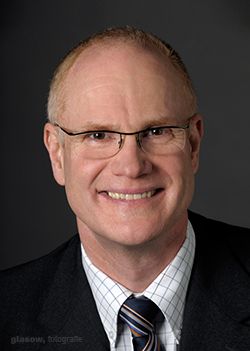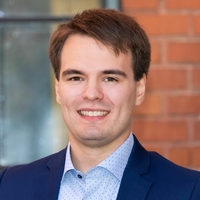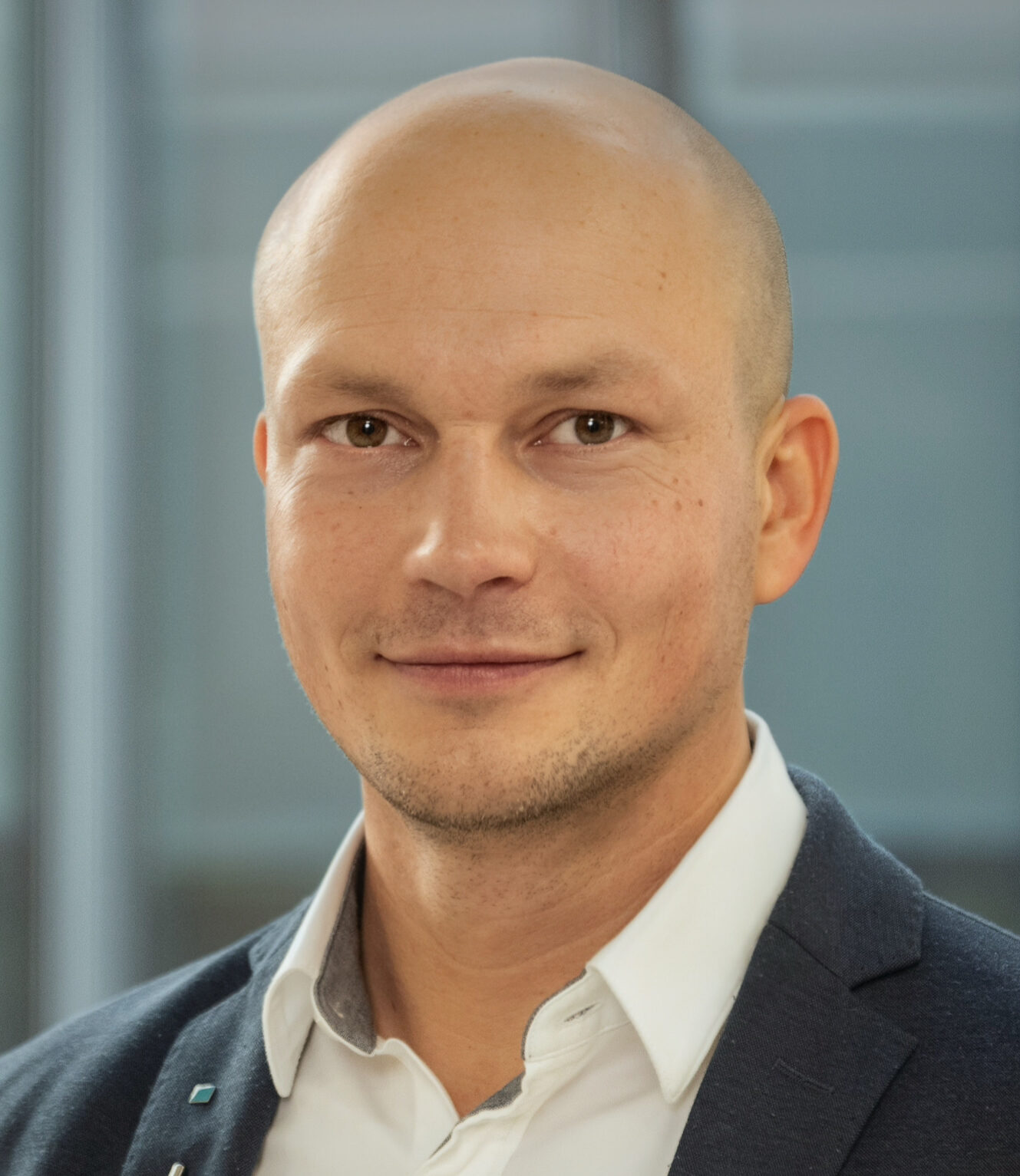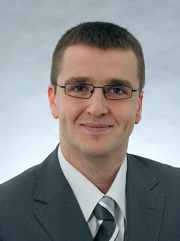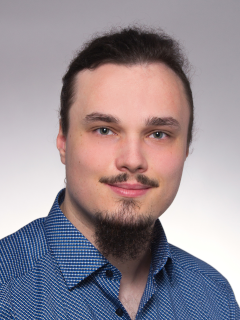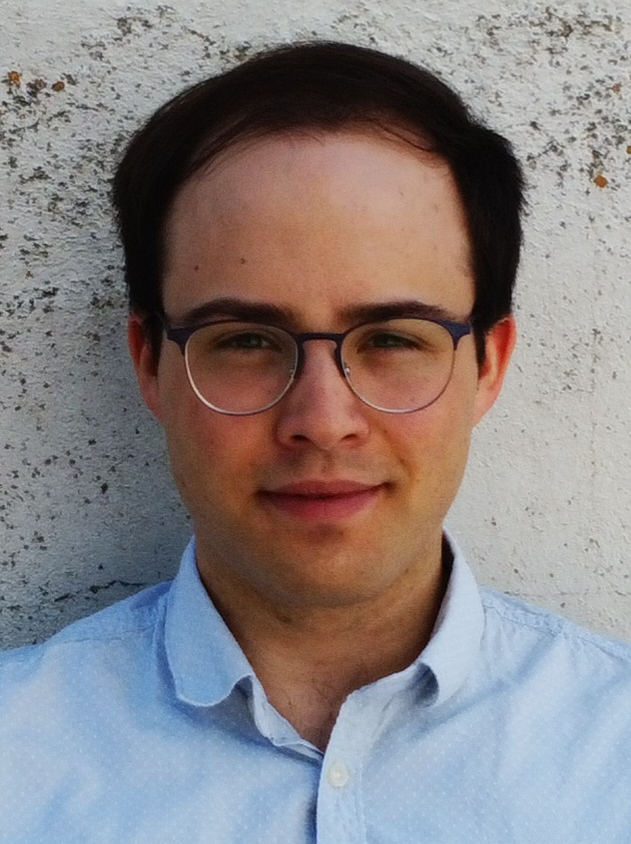Chair of Computer Science 2
Programming Systems


We develop scientific solutions for software engineers in industry who work on parallel software for multicores and for distributed or embedded systems made thereof. We take a code-centric approach, construct operational prototypes, and evaluate them both quantitatively and qualitatively. Corner stones of our field of research:
We work on programming models for heterogeneous parallelism, from which we then generate portable and efficient code for multicores, GPUs, accelerators, mobile devices, FPGAs, etc.
We help parallelize software for multicores. Our tools analyze code repositories and help developers in migrating and refactoring projects.
We analyze code. Our code analysis tools are fast, interactive, incremental and sometimes work in parallel themselves. They not only detect race conditions, conflicting accesses to resources, etc. The resulting suggestions on how to improve the code also show up in the IDE where they matter.
We test parallel code and diagnose the root causes of problems. Our tools generate test data, track down erratic runtime behavior, and prevent authenticity attacks.
Team
Research
Ongoing Projects





